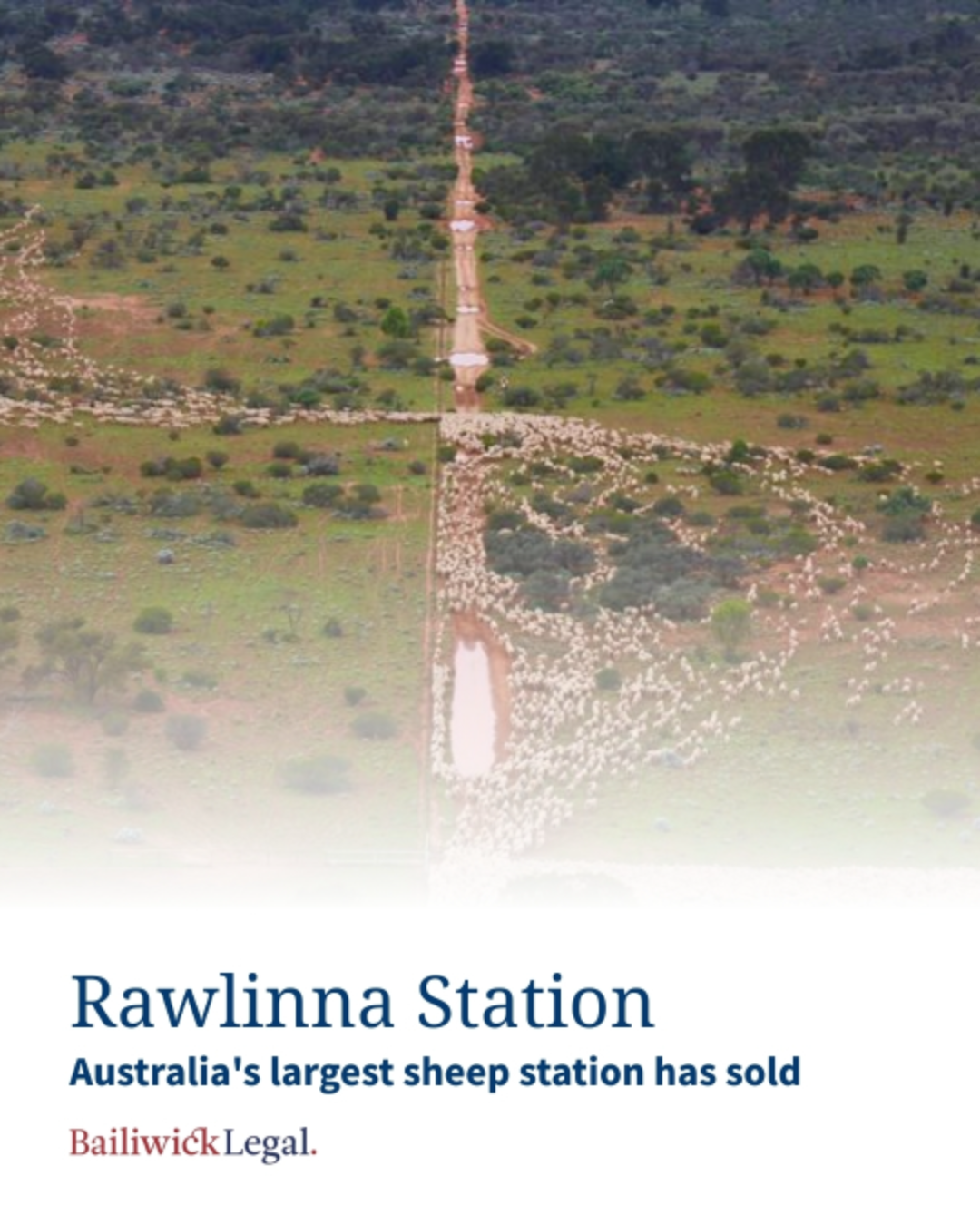The Debt Recovery Process - Part 2: Commencing Legal Proceedings
February 19, 2026
Author name
As discussed in Part 1 of The Debt Recovery Process, it is important to carefully
consider the approach taken to recover due and owing monies and the quality of debt recovery assistance sought.
Once a Letter of Demand has been issued and the debtor still continues to be indebted, there are a variety of options available to the business to recover the debt. The most common form of recovery is commencing legal proceedings against the debtor. Depending on the monetary amount, this can be done in a number of jurisdictions.
For claims less than $75,000, proceedings will be commenced in the Magistrates Court. For claims between $75,000 and $750,000 proceedings will be commenced in the District Court. For claims above $750,000, proceedings will be commenced in the Supreme Court.
Magistrates Court
The Magistrates Court is further split up into two jurisdictions. The Minor Case division handles matters of a monetary amount of less than $10,000 and the General Case division handles matters of a monetary amount of more than $10,000.
The process in both divisions is substantially the same. The notable differences are that:
- legal representatives are not permitted to act on a parties behalf in the Minor Case division without permission being granted by the Magistrates Court; and
- legal costs incurred in connection with a Minor Case claim are typically not recoverable from the unsuccessful party.
Otherwise, the process is summarily as follows:
- Proceedings are commenced by the Claimant against the Defendant by lodging and serving a General Procedure Claim.
- The Defendant is then given an opportunity to lodge and serve a Response.
- If the claim is defended, the Plaintiff is then required to lodge and serve a Statement of Claim.
- The Defendant is then given an opportunity to lodge and serve a Statement of Defence.
- The parties will then typically undertake the Discovery process whereby copies of all documents relevant to the claim are exchanged.
- The claim would then be listed for a Pre-Trial Conference. This is a without prejudice and confidential conference before a Registrar of the Court whereby the parties attempt to settle the claim.
- If the claim is not settled at the Pre-Trial Conference, the parties are then required to lodge and serve statements from witnesses and experts in support of their claim.
- The claim would then be listed for a trial before a Magistrate who will make a determination.
The above process typically takes between 12 and 18 months.
District Court and Supreme Court
The process in the District Court and Supreme Court is substantially the same as that in the Magistrates Court except:
- parties are automatically entitled to legal representation (and for companies are mandatory);
- legal costs are recoverable from the unsuccessful party in accordance with the scale set by the Legal Costs Committee (except in certain circumstances);
- the party commencing the claim is known as the Plaintiff (not the Claimant); and
- it can take slightly longer to get to a trial (between 18 and 24 months).
Conclusion
Legal proceedings can be timely and costly so it is important to engage professional assistance to ensure you are giving yourself the best opportunity to recover a debt owed to you.
By Danielle Edwards (Associate)
If you would like further information in relation to how the above matters may affect your business, please contact us on (08) 9321 5451 or by email at office@bailiwicklegal.com.au.
For further information about our legal services, please visit our website: https://www.bailiwicklegal.com.au/
The above information is a summary and overview of the matters discussed. This publication does not constitute legal advice and you should seek legal or other professional advice before acting or relying on any of the content.

Bailiwick Legal has been honoured to support Forever Wild over the past few years as they delivered one of the most significant conservation land acquisition programs undertaken in Western Australia. Our team assisted Forever Wild with the strategic purchase of four pastoral stations, Narndee , Boodanoo , Meeline and Challa , transactions that now connect three State Reserves and protect more than 12,000 square kilometres of land. To put that scale into perspective, the combined area is approximately five times the size of the ACT and nearly one-fifth the size of Tasmania . Navigating complexity at scale These were not straightforward property transactions. Each acquisition involved: Multiple pastoral leases Layered regulatory and approval pathways Significant operational and on-ground assets Numerous stakeholders across government, industry and land management Our role was to guide Forever Wild through this complexity with clarity, precision and confidence, ensuring each transaction progressed efficiently while managing risk and safeguarding long-term objectives. “ Forever Wild is creating a world-leading model for nature funding that demonstrates we can manage viable, working pastoral stations whilst also restoring and protecting local ecological flora and fauna, and engaging and supporting Indigenous people and local communities. Complex & challenging, but this initiative could literally change the world .” Jessica Brunner - Director, Bailiwick Legal A growing and evolving legal landscape Large-scale conservation acquisitions sit within an emerging and increasingly complex legal field , intersecting land tenure, pastoral regulation, environmental frameworks and commercial considerations. These matters demand a deep understanding of both the legal mechanics and the practical realities of operating in regional and remote Australia. Our team’s experience in agribusiness, pastoral land transactions and regulatory approvals allowed us to support Forever Wild at every stage, from strategic structuring through to completion. Proud to support leadership in nature finance Forever Wild is widely recognised as an industry leader and a steadfast advocate for nature finance initiatives , helping pave the way for greater accessibility and innovation in conservation funding and land stewardship. We are proud to have contributed our relationships, expertise and practical legal insight to help Forever Wild achieve its vision, and to have played a role, however small, in shaping a groundbreaking future for conservation in Australia. At Bailiwick Legal, we value the opportunity to work alongside organisations that are thinking long-term, acting boldly, and creating outcomes that extend well beyond the transaction itself. For assistance with all of your agribusiness needs, contact Bailiwick Legal on 08 9321 5451 or email office@bailiwicklegal.com.au For further information about our legal services, please visit our website: https://www.bailiwicklegal.com.au The above information is a summary and overview of the matters discussed. This publication does not constitute legal advice and you should seek legal or other professional advice before acting or relying on any of the content.

Bailiwick Legal Advises on Landmark Acquisition of Rawlinna Station by Consolidated Pastoral Company
Bailiwick Legal is proud to have acted for Consolidated Pastoral Company (CPC) in its successful acquisition of Rawlinna Station , Australia’s largest sheep station, located on the remote Nullarbor Plain in Western Australia. Spanning over 1 million hectares and running approximately 30,000 sheep , Rawlinna is an iconic pastoral asset with a rich legacy, having been held by the MacLachlan family’s Jumbuck Pastoral Company since its establishment in 1962. The sale marks the first change of ownership in over six decades and was finalised following formal approval from the Western Australian Government for the transfer of the pastoral leases. This transaction involved navigating: The transfer of three separate pastoral leases Coordination across multiple vendor entities Consideration of livestock and operating assets Fulfilment of regulatory and compliance requirements, including WA lease approval processes Bailiwick Legal is a boutique agricultural and regional law firm , proudly based in Perth and Bridgetown, Western Australia. Our role in this acquisition demonstrates that deep sector knowledge, local insight, and personalised legal support are crucial for agribusiness clients managing complex, high-value transactions. Our team, led by our regionally-based solicitor, Matilda Lloyd, provided end-to-end legal and strategic support, including: Due diligence on land tenure and operating assets Contract negotiation and preparation Advice on regulatory approvals and compliance Strategic coordination with CPC’s internal and external stakeholders to ensure a smooth and timely settlement We are honoured to have supported CPC in this milestone acquisition and look forward to watching Rawlinna’s next chapter unfolds. At Bailiwick Legal, we believe that regional expertise, deep industry knowledge, and relationship-based service remain essential to agribusiness success, no matter the scale. Congratulations to all parties involved, including the MacLachlan family, whose stewardship of Rawlinna leaves a lasting legacy in Australian agriculture. – The Bailiwick Legal Team Working alongside agribusinesses to grow, transition, and thrive . For assistance with all of your agribusiness needs, contact Bailiwick Legal on 08 9321 5451 or email office@bailiwicklegal.com.au By Matilda Lloyd (Associate) For further information about our legal services, please visit our website: https://www.bailiwicklegal.com.au The above information is a summary and overview of the matters discussed. This publication does not constitute legal advice and you should seek legal or other professional advice before acting or relying on any of the content.











